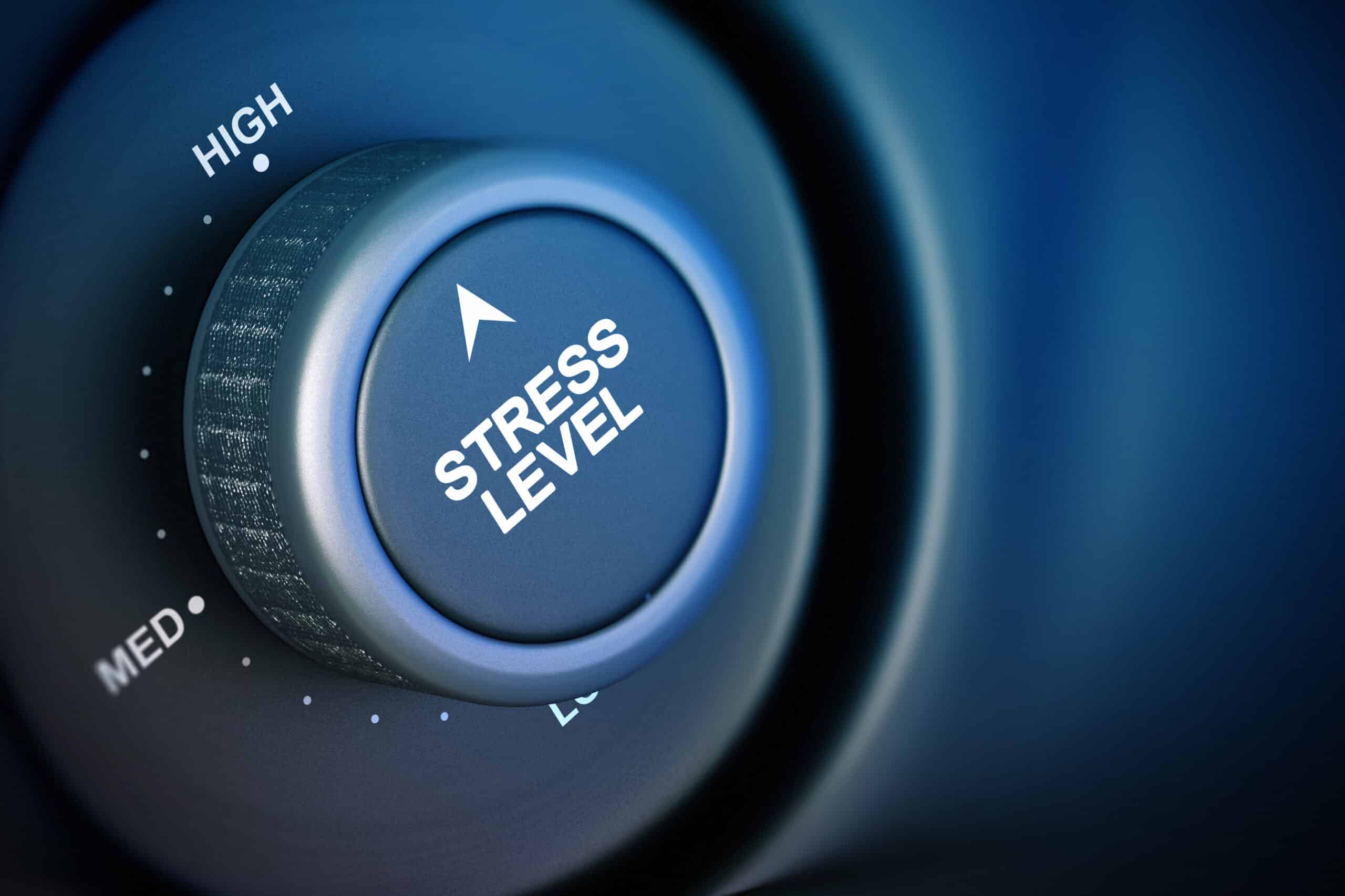In my career as a neurosurgeon, I have helped numerous patients often with similar conditions. It still amazes me how one person’s emotional reaction to a certain disease or condition can be totally opposite to another experiencing the same problem. Of course, there are easy explanations for this. None of us have the same upbringing, physical condition, perception of pain, disease load, education or social supports. Add to this variability in age, sex, race and other differences and how could we possibly believe people would react the same. And yet, observationally, I consistently find patients with similar diagnoses react very differently.
These reactions in a condensed form are, “alright now I know, I want to get better, what do I need to do,” or “you’re kidding, I can’t do this now, I’ve been through so much already.” Both are legitimate reactions and reflect how the person feels about it. Both reactions, however, in my experience, can often subtly predict how the patient will ultimately recover or not.
The point is, whether we are told bad health news, lost our pet, or become upset about bills that never seem to stop, we all have stressors that enter our lives. Epictetus the Greek philosopher 2,000 years ago observed that it is not the stressful stimulus itself that causes us pain or angst, but rather, our response to it. And although difficult to comprehend at the time, we do have some control over our responses.
One way to improve our stress reaction is to improve our resilience to stress. Just as an athlete can train and build stronger muscles to lift heavier weights, resilience training can improve coping skills and help foster better decisions and outcomes to daily stressors. Traditionally used as part of warfare training, the military has led both the study and implementation of resilience training, POW training and other physical and mental tests have been used by the military to build better and more capable soldiers who face life and death situations on a regular basis. In recent years the study and implementation of resilience training has become more common in the civilian world.
Resilience is the process of healthy adaption in the face of adversity, trauma, tragedy, threats or significant sources of stress. In short, it means the ability to “bounce back” from different stressful experiences. Resilience is not a trait that people either have or do not have. It involves behaviors, thoughts and actions that can be learned and developed by anyone.
According to the American Psychological Association, here are things you can try to build your resilience:
- Make connections – Good relationships provide help and support.
- Avoid seeing crises as insurmountable problems – Look beyond the present to how future circumstances may be a little better.
- Accept that change is a part of living – Accepting circumstances that can not be changed can help you focus on circumstances that you can alter.
- Move toward your goals – What’s one thing I know I can accomplish today?
- Nurture a positive attitude – Developing confidence in your abilities and trust your instincts.
- Keep things in perspective – Consider the stressful situation in a broader context and keep a long term perspective.
For me, physical exercise is also part of my resilience training. It has allowed me to clear my thoughts, suppress anxiety, distract from stressful emotions, and as an added bonus help with sleep. Poorly controlled stress can have physical consequences including increased blood pressure, abnormal heart rate, and cortisol levels that can affect memory, immune and other systems throughout the body. So, to be told not to “stress out” is good advice, but you can also build resilience to better cope with stress for a lifetime.




